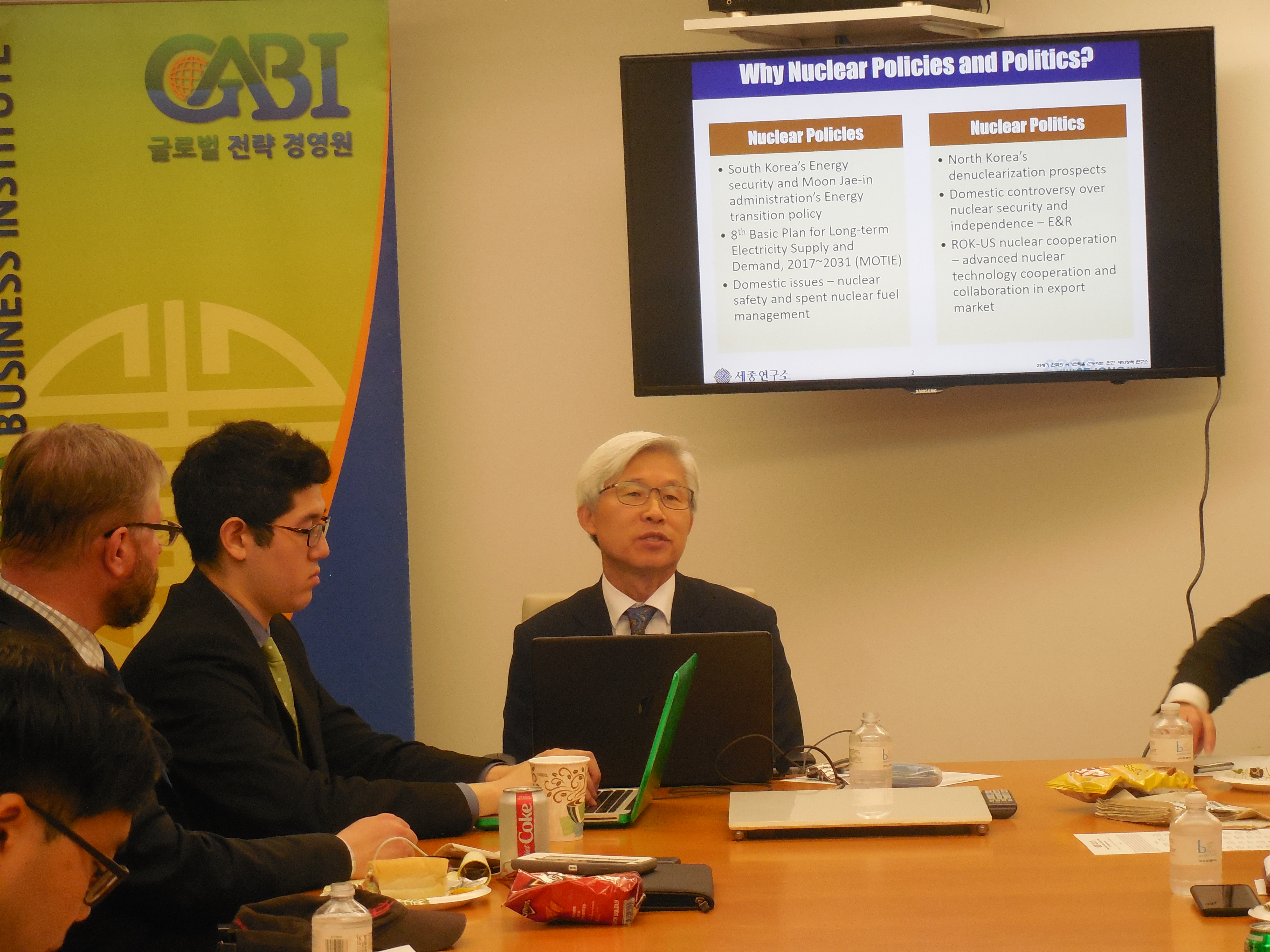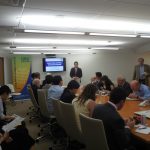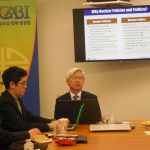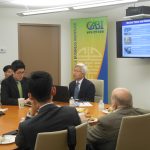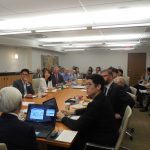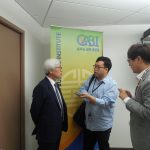Although the Moon Jae-In administration initially announced a long-term phase out of nuclear energy in South Korea, in reality, the government appears to be instead working towards reducing the proportion of nuclear in the national energy mix and continues to support exports of the country’s civil nuclear technology. South Korea’s civil nuclear capabilities can also prove critical to its efforts to achieve peace and denuclearization on the Korean Peninsula, the future of which faces uncertainties given differing expectations and assumptions regarding denuclearization. Nuclear developments on the Korean Peninsula thus have outsized impact—the factors that affect South Korea’s emergence as an international nuclear supplier and resolution of North Korea’s nuclear standoff with the international community will have worldwide effects on issues such as regional and global geopolitics, energy poverty, carbon mitigation, nuclear nonproliferation and security regimes, etc.
Nuclear Policy and Politics on the Korean Peninsula: Current Development and Trends
By admin|2019-06-03T16:02:48-04:00June 3rd, 2019|Categories: Events, Nuclear Energy, Nuclear Energy Workshops|0 Comments

